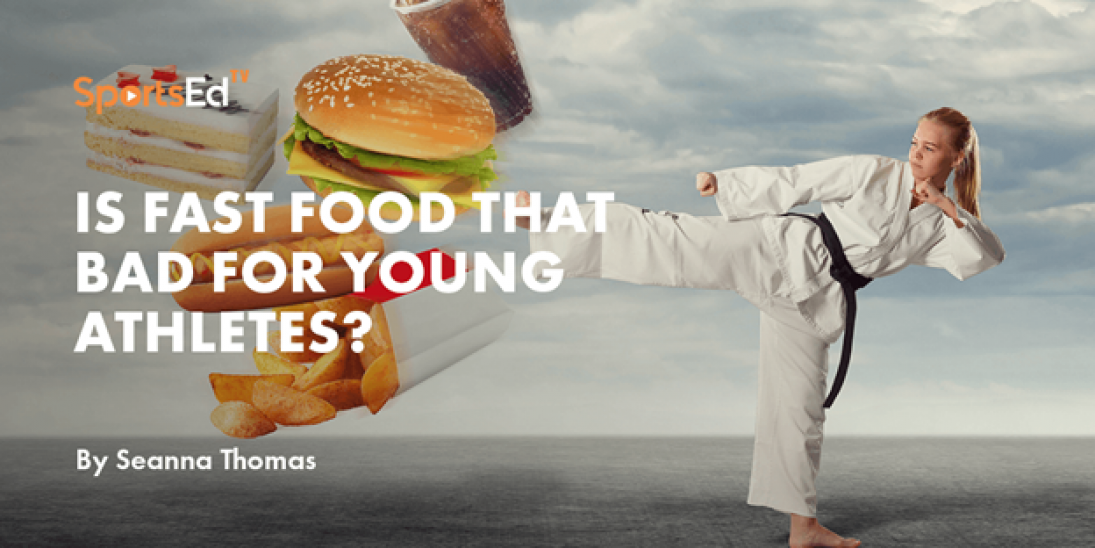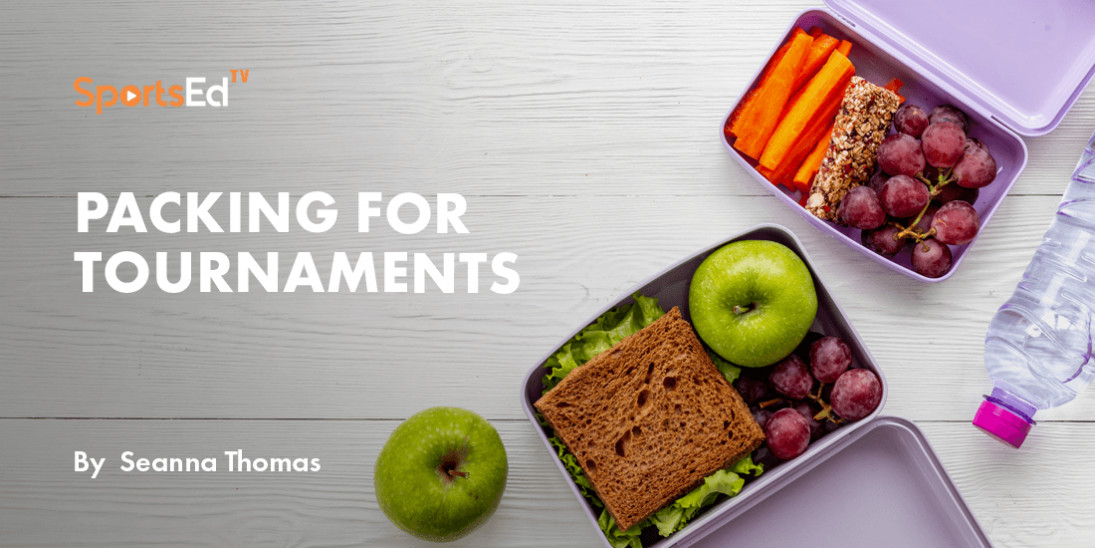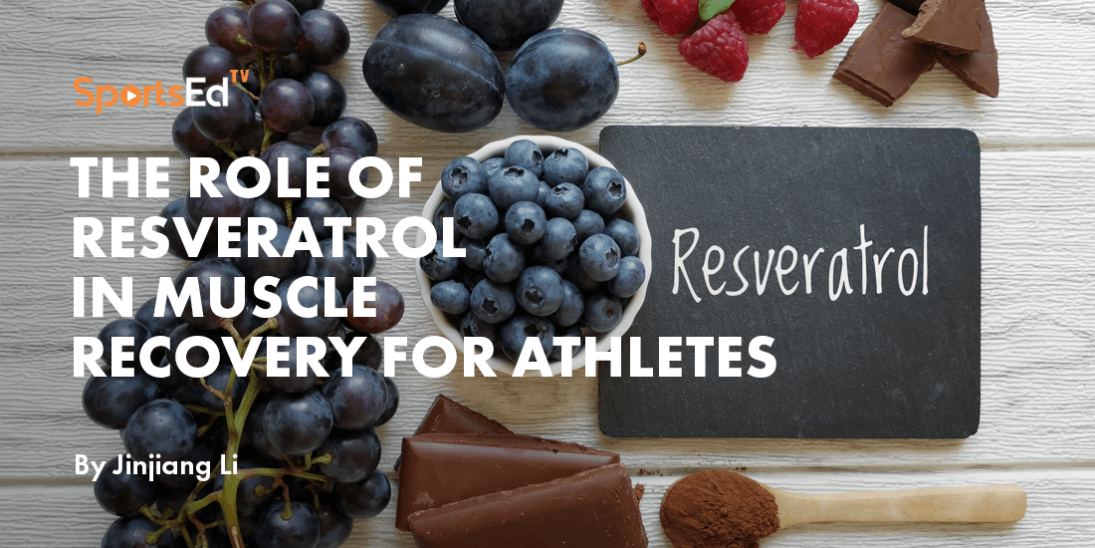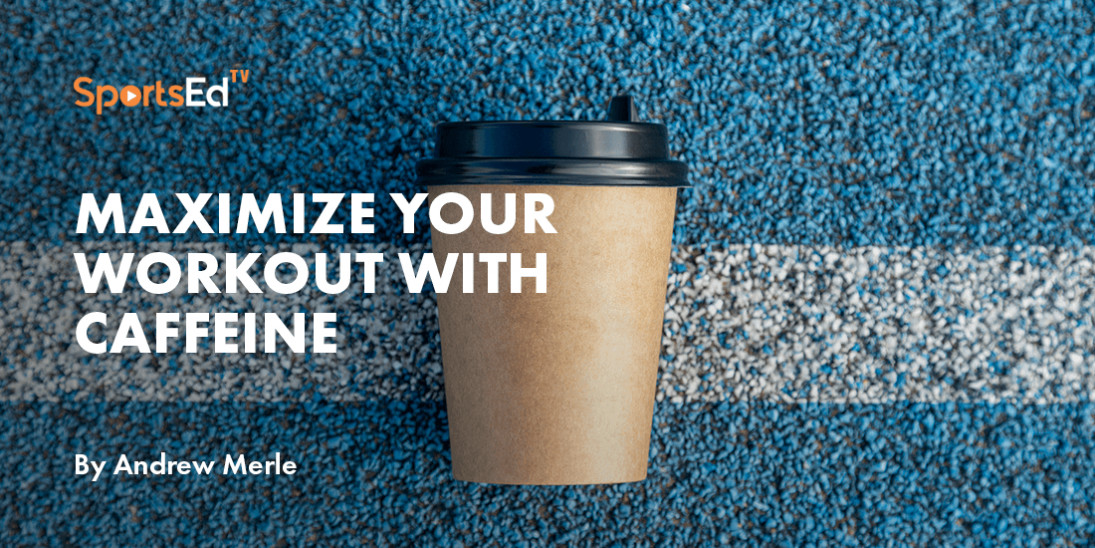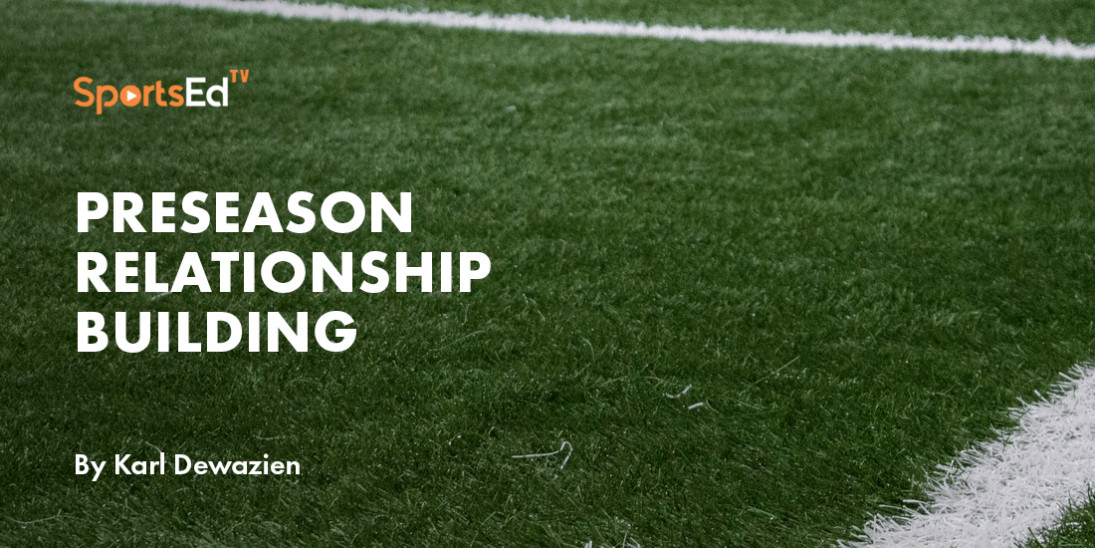Soccer, Nutrition
Welcome and thanks for visiting...

Pre-Game Nutrition
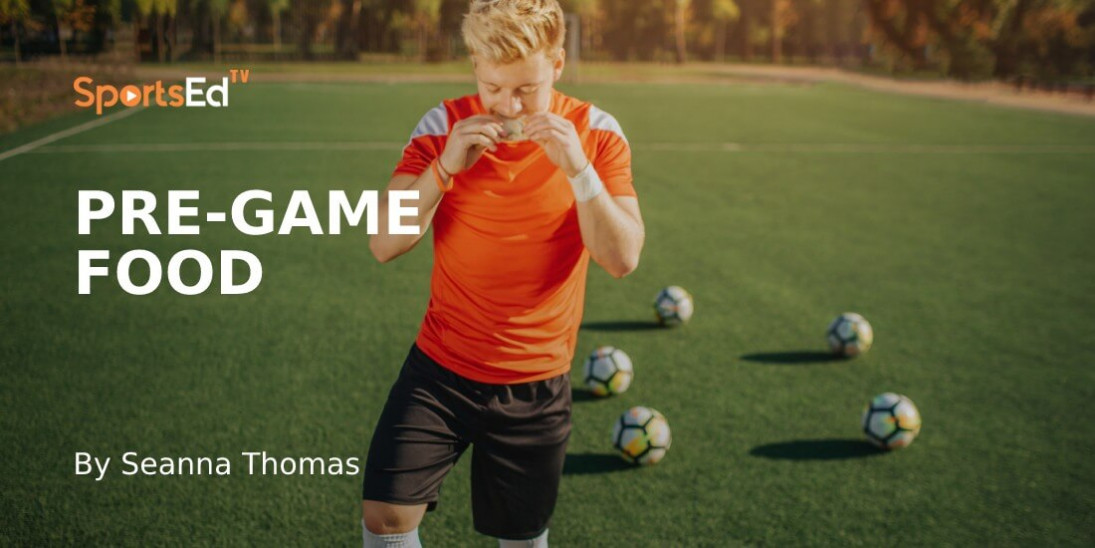
It would be easy for me to just write a bunch of different foods or recipes for you to eat before a game, but the truth is…there is more to it than that.
It’s not just about WHAT you eat before a game, it’s also WHEN you eat that matters.
You also need to take into account age, size, activity level, and the type of sport you’re playing.
That said, I focus mostly on young athletes between the ages of 5-15…a big gap, yes, but I can still recommend certain foods and timings and also recommend that you LISTEN TO YOUR BODY.
If you get cramps, feel unwell, are hungry, or feel fatigued when playing or at practice, you’ll need to make some nutritional changes. Everyone and everybody is different. That’s why nutrition can play such an important role. I can give you an outline-but you have to practice nutrition just like you would practice your skills to get better and better every day. Only you will know when your nutrition is working optimally for your body. Paying attention to how you feel and changing accordingly will make a world of difference.
I do not recommend counting calories, weighing food, or restricting foods. Start small, with simple changes, and work your way to bigger and better nutrition.
First: Hydrate
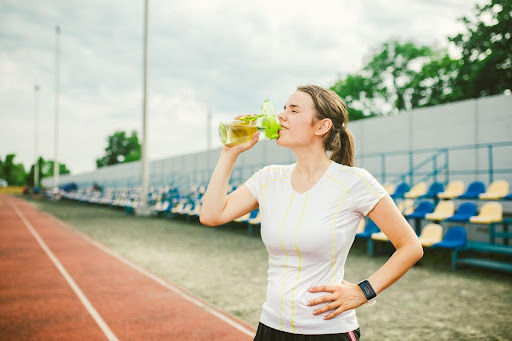
If you are playing your sport competitively, a minimum of 4 times a week, you must drink water every day, all day long. Keep a water bottle with you and sip all day. Drinking two liters of water before you start practice will not hydrate your body properly. Most young athletes do not need sports drinks.
Onto food…there are two major foods that you need to focus on before exercise: Carbohydrates and protein.
These work differently in your body, and the types of carbohydrates and protein you choose will make a difference in how you perform.
Carbohydrates are broken down into sugar in your body. You need carbohydrates for energy. This is what I call “quick fuel” and your body will use this first. The best choices are fruits, vegetables, and whole grain, complex carbs like brown rice, quinoa, oats, and whole grain pastas and breads.
Protein is an excellent source of energy and can be used for long-term energy stores in your body. It plays a role in muscle development for growing bodies and can keep us fuller, longer.
Keep protein to lean choices such as chicken, fish, eggs, beans, dairy, nuts, and seeds. Your body will look to your energy stores once it’s used up all your “quick fuel”. Having nutritious foods including lean proteins and healthy fats will make sure your body has what it needs, when it needs it.
If Possible, You’ll Want to Have a Main Meal About Three to Four Hours Beforehand
If the athlete is at school and you have a game afterwards, this means lunch needs to be full of nutritious carbohydrates and protein. You don’t need to “carb-load”, just remember you want to focus on carbohydrates beforehand to have access to that “quick fuel”. This can be a chicken sandwich loaded up with vegetables, fresh fruit on the side with yogurt and milk or water to drink.
One Hour Before the Game, Focus On Carbohydrates
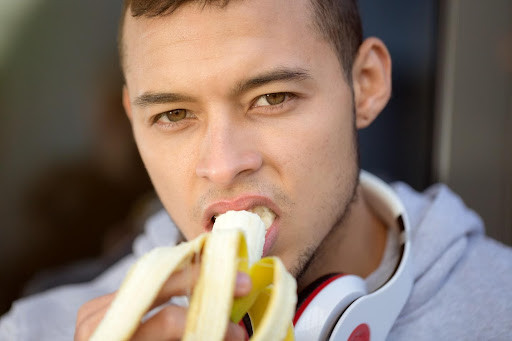
I’ve said it before, and I’ll say it again. A banana is a perfect snack to have one hour before a game or practice.
It’s full of natural sugars that the body can easily digest and use. Fruit or dried fruit is a good option or even a piece of whole-grain toast or crackers with naturally sweetened jam. A pre-game smoothie is also an excellent option and can be made in minutes before you leave the house. Blend your choice of milk with some fresh or frozen fruit and throw in some kefir for extra punch. No sugar needed. Want a recipe? Book a team nutrition workshop or shoot me an email.
Try not to eat anything after this snack. Your body needs the hour before a game to digest and prepare. If you eat too close to a game, your body can be conflicted about where to focus its energy-your digestion or your muscles? This can cause cramping and is easily avoidable.
Remember to Hydrate With Water
Of course, these recommendations are for game day. Athletes that are serious about their performance need to eat real, whole foods all the time. What you eat throughout the week matters to your body on the weekend, and vice versa. You can’t only eat fruit an hour before a game and expect to be the best you can be.
I’m not saying that as a young athlete, you can’t eat junk food or treat yourself. Just keep in mind that if you’re serious about competing in your sport, nutrition is what fuels you-and you need to practice this as you would your craft. It’s an essential part of being an athlete and all you need to do is look to your favorite player and see what they eat.
I guarantee it’s not pizza, donuts, and fried foods.
Save those foods for celebrations-not after a game, but after the tournament is over. Save them for the off-season when you’re at a BBQ with family and friends. Save them for birthdays and times when you can really enjoy them. But a burger and fries on the way to the rink? Not doing anything for your body except slowing you down.
Creating healthy habits as a young athlete will help you as you get older and more seasoned as an athlete. If you have the same foods leading up to a game, it will become less of a chore, and more of a routine-something you don’t even need to think about.
Have more questions? Send an email to seanna@hockeysnacks.com anytime.

